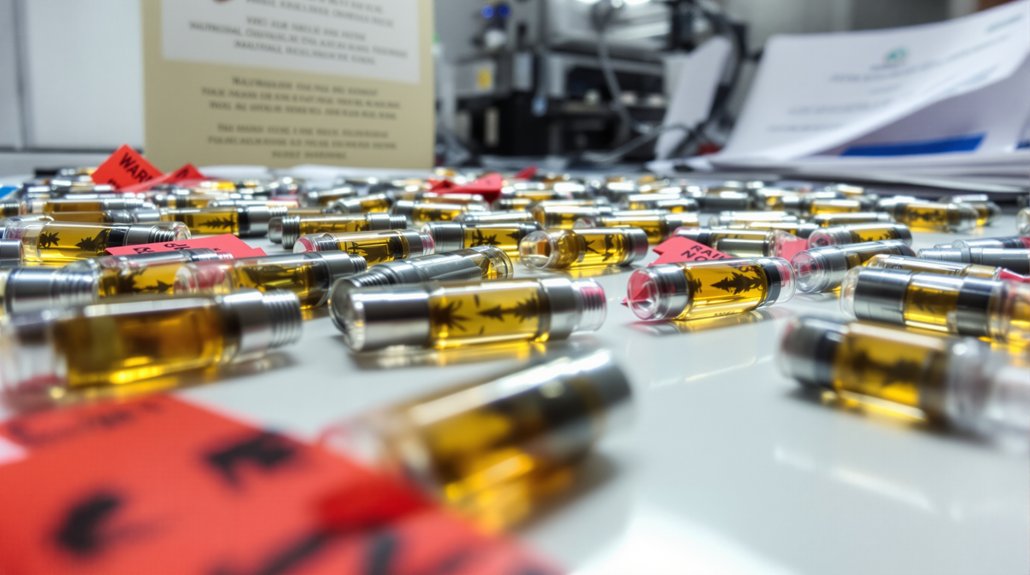Slovenia has become the latest European nation to embrace thorough cannabis reform, introducing groundbreaking legislation in 2025 that establishes one of the continent’s most progressive frameworks for both medical and personal use. The comprehensive law directly targets longstanding social stigma while creating robust protections for everyday users exploring employment and daily life.
Slovenia’s 2025 cannabis legislation creates Europe’s most progressive framework, dismantling social stigma while protecting users in employment and daily life.
The legislation emerged from strong public backing, with a 2024 referendum showing 66.71% support for medical use and 51.57% for limited recreational consumption. Adults can now cultivate up to four plants per person, with households capped at six plants total. Personal possession limits reach seven grams in public and 150 grams at home, while sharing among adults becomes legal provided no money changes hands.
Employment protections represent perhaps the most revolutionary aspect of Slovenia‘s approach. Employers face strict prohibitions against random or routine cannabis testing, effectively preventing workplace discrimination based on off-duty use. This policy acknowledges that cannabis consumption, like alcohol, shouldn’t automatically disqualify workers when it doesn’t impair job performance. The provision creates breathing room for users who previously faced career anxiety over legitimate personal choices.
Medical cannabis receives equally progressive treatment, with doctors authorized to prescribe for any condition at their discretion. The non-restrictive licensing system aligns with European medical standards while removing bureaucratic barriers that often delay patient access. Cannabis must be removed from the national narcotics list within 90 days, signaling a fundamental shift in official classification. This reclassification echoes recent global trends, including the Schedule III proposal in the United States that acknowledges cannabis has accepted medical value with lower abuse potential.
Road safety regulations balance liberalization with public protection through measured THC limits. The three nanogram per milliliter threshold carries a €300 minimum fine, scaling to €1,200 for higher concentrations. Notably, the lowest threshold carries no penalty if officers observe no psychomotor impairment, recognizing that detection doesn’t always equal dangerous impairment.
The reform coincides with structured CBD regulation, creating Slovenia’s first organized framework for cultivation and commercial activity. This positions the country to capitalize on growing wellness and pharmaceutical markets while maintaining EU compliance standards.
Regional context strengthens Slovenia’s position, with neighboring countries like Czechia recently legalizing cannabis and creating momentum across Central Europe. The legislation frames cannabis as comparable to tobacco and alcohol rather than dangerous narcotics, fundamentally reshaping public discourse. Political support from the Freedom Movement and The Left parties has provided crucial backing for both recreational and medical cannabis proposals, demonstrating cross-party consensus on reform.









